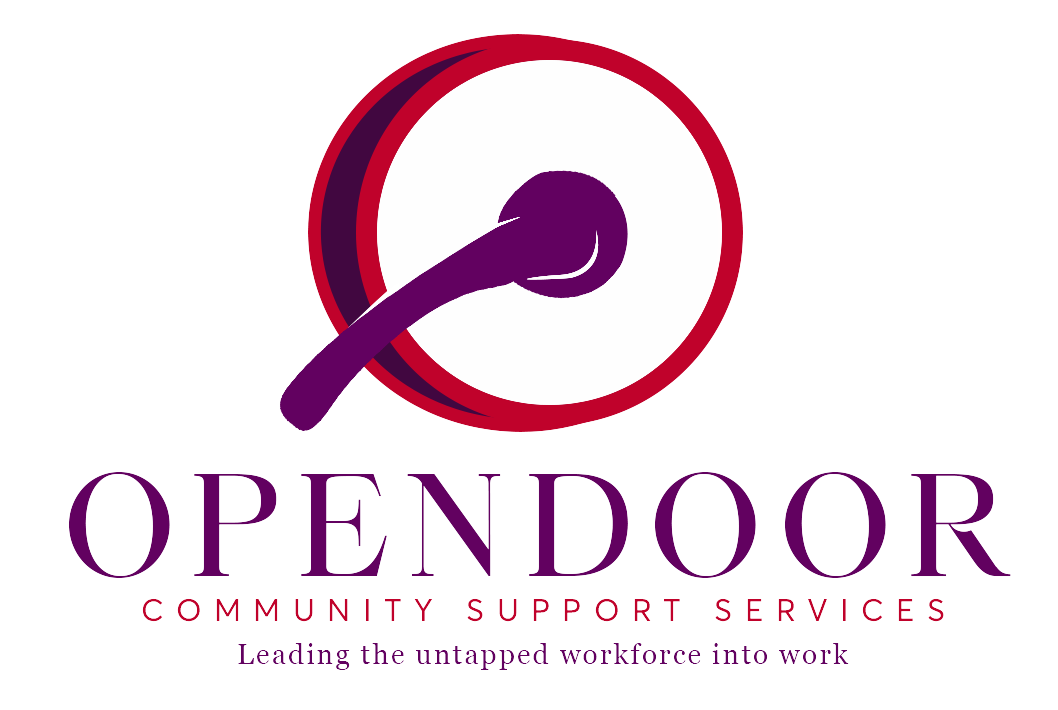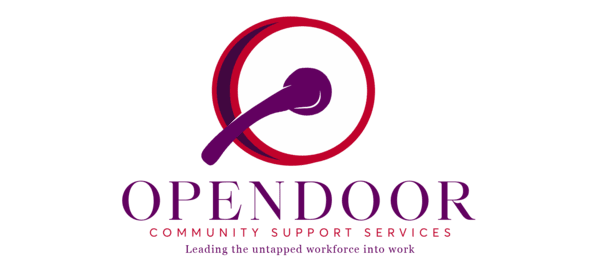
COMMUNITY INTEGRATION SERVICES
Community Integration Services policies for individuals with developmental disabilities focus on promoting full participation, inclusion, and active engagement within the broader community. These policies aim to support individuals in developing meaningful connections, accessing community resources, and participating in various activities alongside their peers.
Here are key components often associated with Community Integration Services policies:
Person-Centered Planning
Policies emphasize the importance of person-centered planning, tailoring support services to the individual’s unique needs, preferences, and aspirations.
Community-Based Living
The policies encourage community-based living arrangements, such as individual homes, group homes, or supported living arrangements, to facilitate independence and community inclusion.
Access to Education and Employment
Individuals are supported in accessing educational opportunities and employment within the community. This may involve inclusive education settings and vocational training programs.
Social and Recreational Activities
Policies prioritize opportunities for individuals to engage in social and recreational activities within the community. This could include participation in clubs, sports, cultural events, and other community-based activities.
Transportation Services
Ensuring accessible and reliable transportation services is a key component. This enables individuals to travel to and from community activities, work, and other destinations independently or with appropriate support.
Community Connections and Relationships
Policies aim to foster relationships and connections with peers, neighbors, and community members. This may involve support in building social skills, facilitating introductions, and creating opportunities for social interaction.
Cultural Competency and Sensitivity
Service providers are expected to be culturally competent and sensitive, recognizing and respecting the diverse backgrounds and identities of individuals with developmental disabilities.
Advocacy and Self-Determination
Individuals are supported in advocating for their rights and making choices that align with their preferences. The policies emphasize the principles of self-determination and autonomy.
Health and Wellness Services
Access to healthcare services is prioritized to support the overall well-being of individuals. This includes preventive care, medical services, and mental health support.
Collaboration with Community Organizations:
Policies encourage collaboration between service providers, individuals, and local community organizations to enhance integration opportunities. This may involve partnerships with community centers, businesses, and cultural organizations.
Community Awareness and Education:
Efforts are made to raise awareness and educate the community about developmental disabilities, promoting understanding, acceptance, and inclusion.
Crisis Intervention and Support
Policies include provisions for crisis intervention and support services to address any challenges that individuals may face while participating in community activities.
Overall, Community Integration Services policies aim to create a supportive environment that enables individuals with developmental disabilities to live, work, and participate fully in the community, fostering a sense of belonging and enhancing their overall quality of life.


